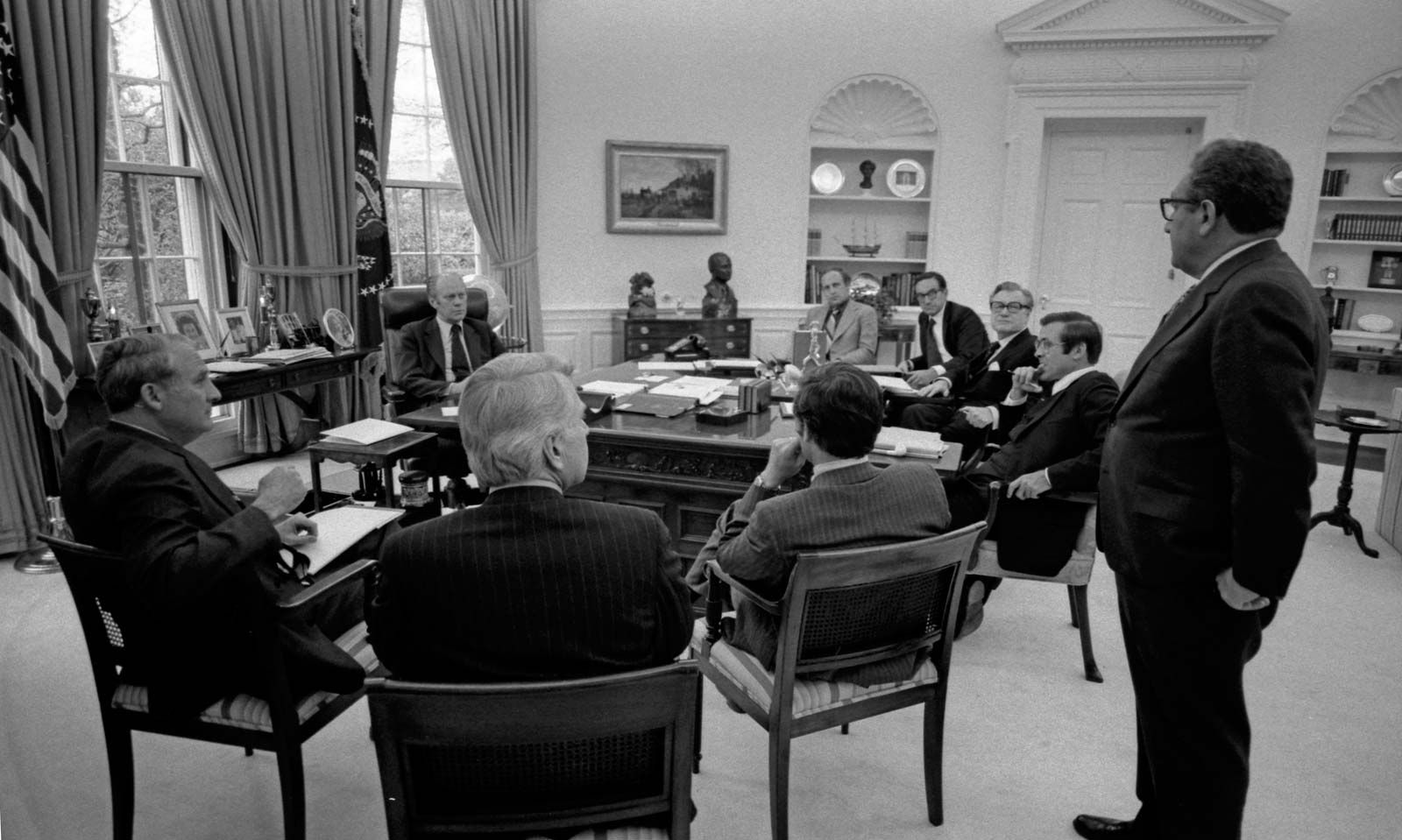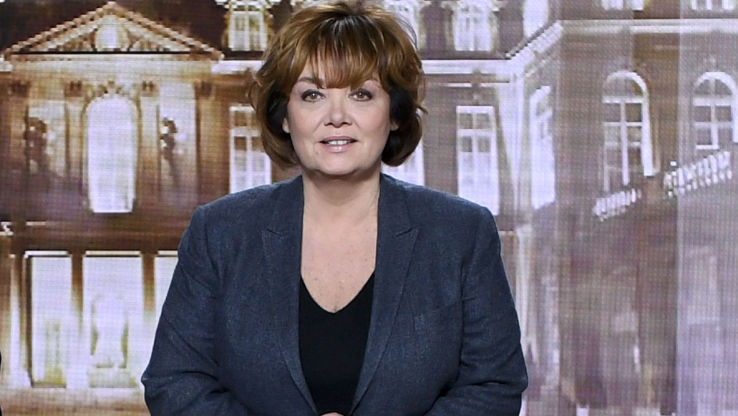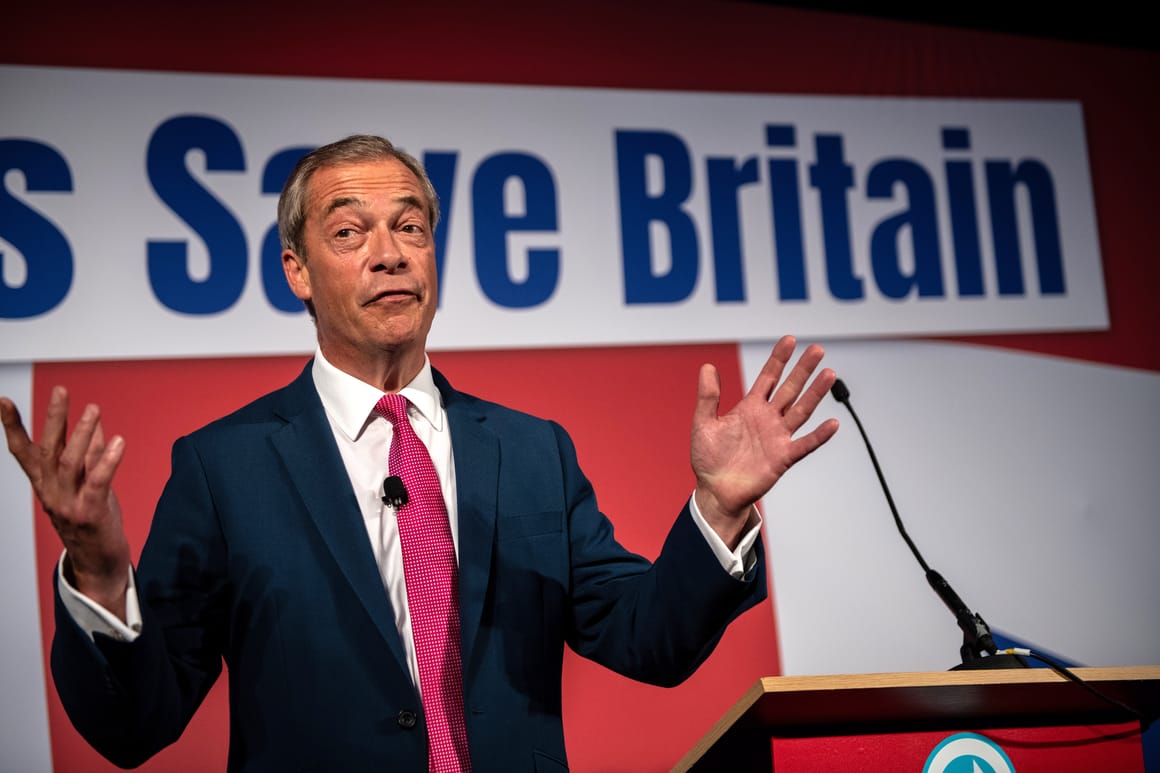Saigon 1975: US Officers Who Broke Rank To Save Lives Share Their Memories

Table of Contents
The Moral Dilemma: Defying Orders in the Face of Genocide
April 1975 in Saigon was a crucible of ethical dilemmas. The North Vietnamese Army's advance was swift and merciless, leaving behind a trail of fear and uncertainty. For US military personnel, the situation presented a stark moral conflict: obey orders and potentially witness – or even participate in – atrocities, or disobey and face severe consequences. The Saigon evacuation was already underway, but the sheer volume of people needing rescue dwarfed the capacity of official channels.
The potential consequences for disobeying direct orders were severe:
- Court-martial
- Dishonorable discharge
- Ruined careers
- Social ostracism
Yet, for many officers, the duty to their country clashed violently with their moral obligation to protect innocent lives. Historical accounts are filled with wrenching accounts of officers wrestling with this conflict, choosing to prioritize saving lives over adhering to strict military protocol. One officer, recalling the scene, stated, "The orders were to leave, but we couldn't leave those people behind to face certain death. It was a decision of conscience, not of military strategy." This showcases the profound moral conflict and military disobedience that characterized the Saigon evacuation.
The Evacuation Efforts: Risky Missions and Heroic Acts
The officers who chose to disobey orders employed various methods to rescue Vietnamese civilians and allies, often at great personal risk. These Saigon rescue operations were characterized by extraordinary bravery and resourcefulness.
Helicopter Escapes from Saigon
Helicopter evacuations were fraught with danger. The Saigon sky was a maelstrom of activity, with helicopters often overcrowded, vulnerable to enemy fire, and navigating a chaotic atmosphere. Pilots and crew faced immense pressure to get as many people as possible aboard, often under intense fire. These helicopter evacuations were dangerous and chaotic, yet they successfully saved countless lives.
Clandestine Boat Operations
Many officers organized clandestine boat operations, moving people away from the encroaching North Vietnamese Army under the cover of darkness. These clandestine operations required incredible skill, planning, and courage. The risk of capture and execution was ever-present. These officers often had to rely on their own networks and resources, making these boat escapes from Saigon even more remarkable.
Personal accounts from these operations paint a vivid picture of courage and sacrifice. Many officers recount stories of risking their own lives to bring people to safety, often going beyond the call of duty and showing extraordinary resilience and empathy. These acts of bravery represent the truest essence of the Saigon rescue.
The Aftermath: Consequences and Recognition
The aftermath for these officers was varied. Some faced disciplinary action, suffering the consequences of their military disobedience. Others received recognition for their bravery awards, though often years later. Many suffered long-term psychological impact, grappling with the trauma they witnessed and the difficult choices they made. The emotional toll of these experiences often went unacknowledged for decades.
Despite the risks, some officers received posthumous recognition for their actions, highlighting their moral courage. The US government has also offered apologies and acknowledgments for certain events surrounding the fall of Saigon, acknowledging the complicated ethical dimensions of the Saigon aftermath. While full recognition for all involved remains a work in progress, the narrative surrounding the Saigon 1975 evacuation continues to evolve.
Conclusion
The fall of Saigon in 1975 was a defining moment in the Vietnam War, leaving a lasting legacy. The actions of the US officers who defied orders to save lives highlight an often-overlooked aspect of this history: the extraordinary moral courage and heroism displayed by individuals who prioritized human life above strict adherence to military protocol. Their stories exemplify the complexities of war and the enduring power of conscience. Learn more about the unsung heroes of the Saigon 1975 evacuation and their courageous fight to save lives. Explore further reading, documentaries, and museums to fully understand this pivotal moment in history.

Featured Posts
-
 Arkansas Real Estate Keller Williams Announces New Affiliate
May 03, 2025
Arkansas Real Estate Keller Williams Announces New Affiliate
May 03, 2025 -
 Le Vatican Temoin D Un Echange Houleux Entre Trump Et Macron
May 03, 2025
Le Vatican Temoin D Un Echange Houleux Entre Trump Et Macron
May 03, 2025 -
 Des Annees Apres Emmanuel Macron Parle De Son Intimite Avec Brigitte
May 03, 2025
Des Annees Apres Emmanuel Macron Parle De Son Intimite Avec Brigitte
May 03, 2025 -
 Une Image Forte Emmanuel Macron Face A La Souffrance Des Victimes Israeliennes
May 03, 2025
Une Image Forte Emmanuel Macron Face A La Souffrance Des Victimes Israeliennes
May 03, 2025 -
 Uk Local Elections Will Nigel Farages Reform Party Succeed
May 03, 2025
Uk Local Elections Will Nigel Farages Reform Party Succeed
May 03, 2025
